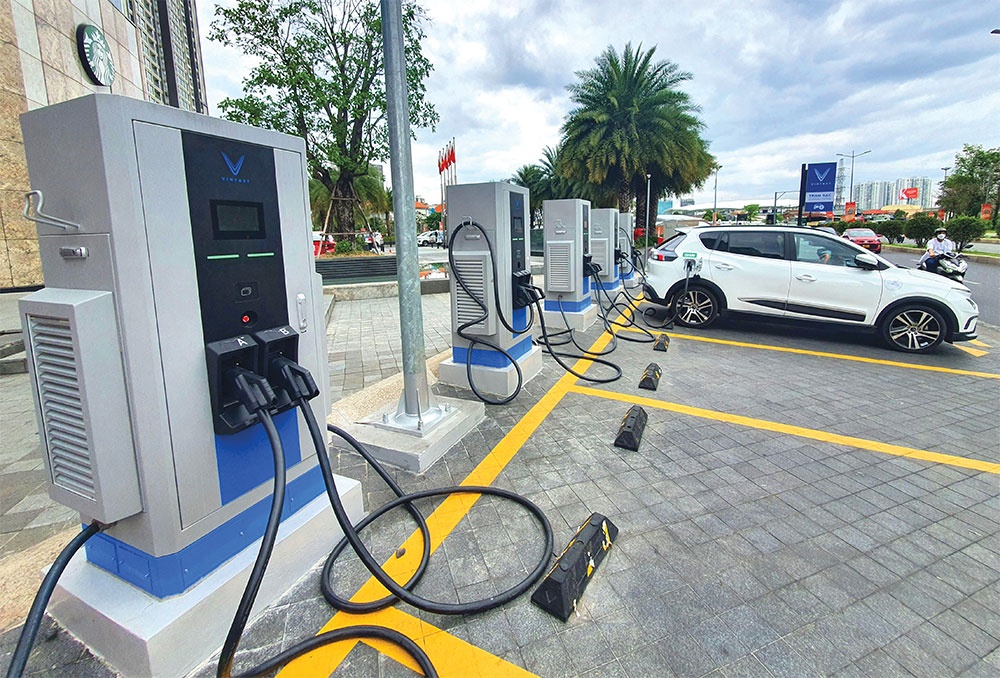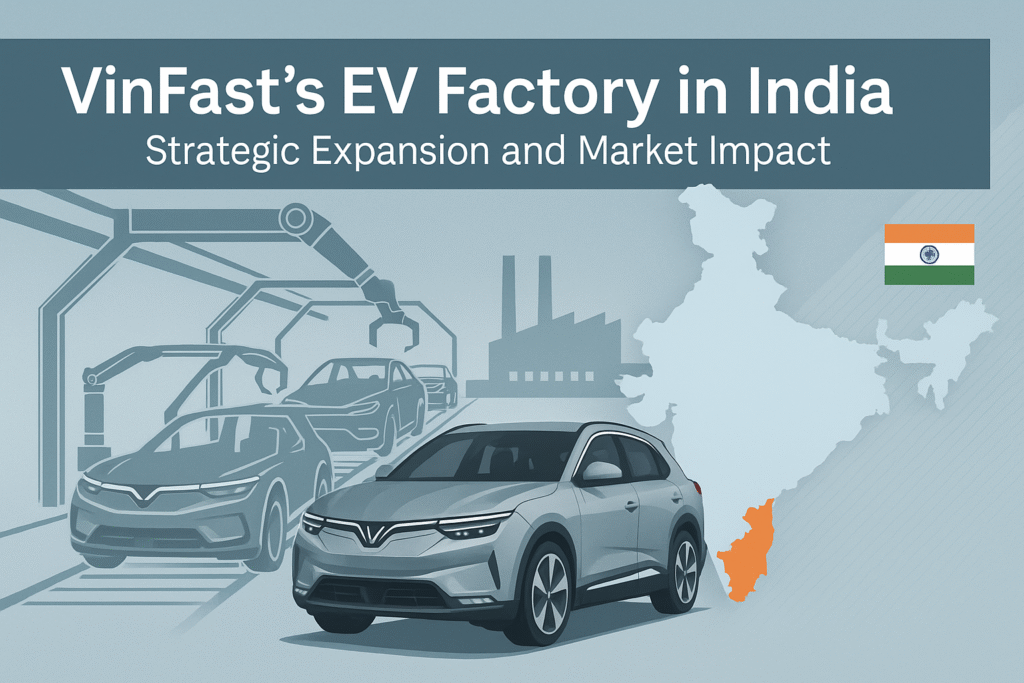
Vietnam is taking significant steps to promote the adoption of electric vehicles (EVs) by planning to subsidize electricity prices for EV charging stations. This initiative is part of a broader strategy to enhance the country’s green energy infrastructure and reduce reliance on fossil fuels.
Overview of the Subsidy Plan
The Vietnamese government has proposed a subsidy program aimed at lowering electricity costs for EV charging stations. This initiative is expected to make EV charging more affordable, thus encouraging more consumers to transition to electric vehicles. The subsidies are part of Vietnam’s commitment to achieving its environmental goals and reducing greenhouse gas emissions.
Objectives of the Initiative
-
Promote EV Adoption
By reducing the cost of charging, the government aims to stimulate interest in electric vehicles among consumers and businesses alike.
-
Support Green Energy Transition
The subsidies align with Vietnam’s broader environmental strategy, which includes increasing the share of renewable energy in the national grid.
-
Enhance Infrastructure
The initiative will likely lead to the establishment of more EV charging stations across the country, addressing one of the significant barriers to EV adoption—charging accessibility.
Expected Impact
The implementation of electricity subsidies for EV charging stations is expected to have several positive outcomes:
-
Increased EV Sales
With lower charging costs, consumers may be more inclined to purchase electric vehicles, contributing to a reduction in air pollution and greenhouse gas emissions.
-
Economic Growth
The growth of the EV market can stimulate job creation in manufacturing, installation, and maintenance of charging infrastructure.
-
Energy Diversification
By promoting electric vehicles, Vietnam can reduce its dependence on imported fossil fuels, enhancing energy security and sustainability.
Vietnam’s plan to subsidize electricity for EV charging stations represents a proactive approach to fostering a sustainable transportation ecosystem. By making EV charging more affordable, the government is not only encouraging the adoption of electric vehicles but also taking significant steps toward a greener future. This initiative could serve as a model for other countries looking to enhance their own EV infrastructure and promote sustainable energy practices.
As the plan progresses, it will be crucial to monitor its implementation and effectiveness in achieving the desired outcomes of increased EV adoption and reduced environmental impact.


